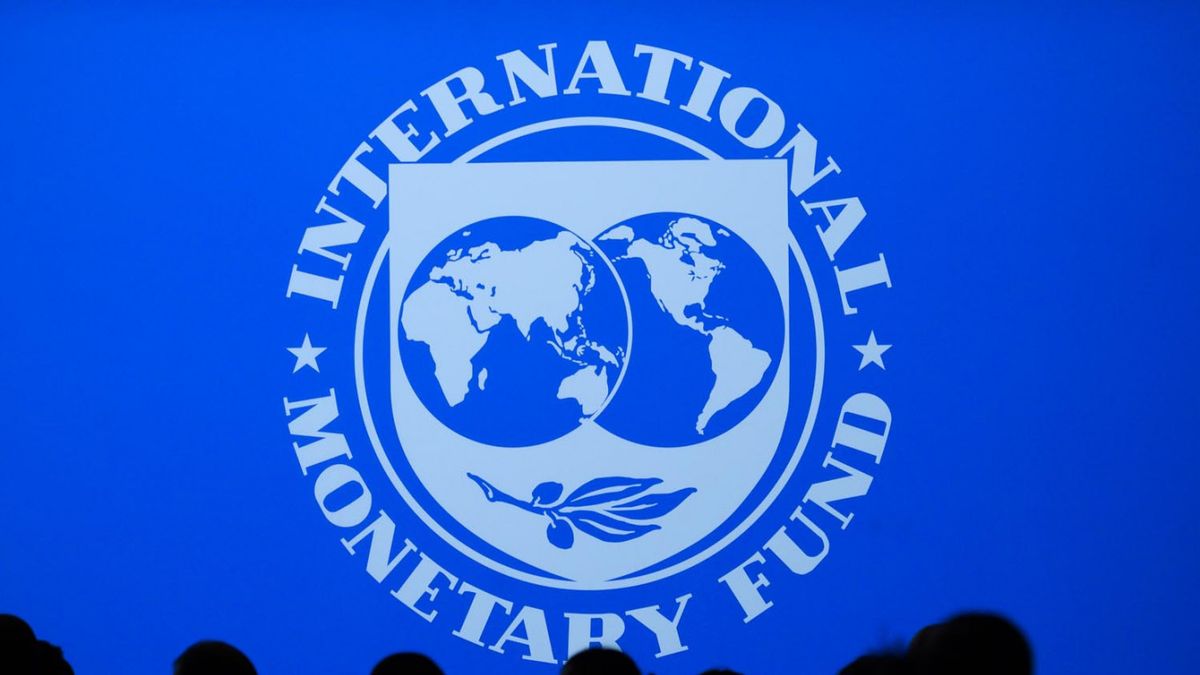Although the report prepared by the team led by Odd Per Brekk acknowledge that “the program did not meet the objectives of restoring confidence in fiscal and external viability while fostering economic growth”, From reading the 135 pages that make up the work, it turns out that at the IMF he did not acknowledge major errors due to the failure of the program.
Some explanations are recorded such as that “the program’s strategy proved too fragile for Argentina’s deep-seated structural challenges and political realities ”.
But the blame falls on the previous government that imposed limits –“Red lines”– in the actions of the Fund on two fundamental issues: debt restructuring and capital flow management (control).
Leak
Precisely this point is highlighted by the government of Alberto Fernandez, since it is concluded that the result of these limits “It was that the funds were used to pay unsustainable debt, which caused a flight of foreign exchange”.
In this sense, the declarations of the president of this Thursday are interpreted when he pointed out that the report was “lapidary” and stated that “The Fund had to admit what we already knew ”.
In the Frente de Todos there is the conviction that the record loan – for 57,000 million dollars – that the Fund granted to the administration of Mauricio Macri was to favor his government and finance the flight of capital from the friends of power.
Recently -on December 10, at the event for the Day of Democracy- Vice President Cristina Fernández by Kirchner committed the multilateral organization by stating that “We need the Fund to help us recover from tax havens where billions of dollars have gone in evasion so that we can pay them ”.
The opposition refutes these arguments. The deputy of Together for Change, Martín Tetaz Maintains that “There is a very simple counterargument with governments K $ 97 billion fled without the IMF”, against “83 billion during the Macri government.”
In the economist’s opinion, “Essentially that money was used to pay debt to private parties.” He explains that that is why “There was no increase in public debt and it did not grow because the agreement with the Fund was essentially a change of creditor at a cheaper rate, but a creditor that imposes some conditions on you,” Tetaz clarifies.
For their part, economists who follow the external sector consider that the origin of the crisis that shook the end of the previous government originates in the years 2016 and 2017 when, with an exchange delay and without results in anti-inflationary policies – the current account had a deficit equivalent to 5.5% of GDP (2017).
In those years, the government failed in its attempt to solve the problems by raising the interest rate and with monetary policies. Conversely, The markets continued to take advantage of the differential between the interest rate in pesos and the pace of devaluation (carry trade) to accumulate gains in foreign currency that later left the country.
They also recall that, on the end of the previous government, the then Minister of Economy, Nicolás Dujovne, With the endorsement of the IMF, he considered that the problems could be solved with fiscal adjustment, without paying greater attention to external imbalances.
Others add that the IMF made policy mistakes by not understanding that Argentina has a bimonetary system (people take the dollar as a reference) and restrict the intervention of the Central Bank in the exchange market. It was precisely this difference that led to the departure of Luis Caputo of the conduction of the monetary entity.
Subsequently, the Fund recognized the need to review its exchange policies, as stated by the managing director of the organization, Kristalina Giorgieva, last February.
authorship
Although in recent years the multilateral organization has relaxed to a certain extent its demands and accentuated ownership, the authorship of the programs (ownership) to the governments that request financial assistance, international observers maintain that the Fund’s diagnoses – particularly the technical team – they have not changed substantially.
“I am sure that, beyond the complexity of the Argentine reality, the Fund must continue to think that the main problem is fiscal dominance “, pointed to Ambit a fountain in Washington.
In other words, it is interpreted that it is central for the Argentine government to reach an agreement with the Fund that establishes a path of fiscal consolidation – a credible cut in the deficit over time – that implies a reduction in the monetary issue and objectives of recomposition in the level of foreign exchange reserves held by the Central Bank.
It is precisely this path of fiscal consolidation that is being developed by the Ministry of the Economy within the framework of the project of Multi-year Program for Sustainable Development, announced by the president last month, and it will be sent to Congress for approval.
In this regard, sources from the Casa Rosada confirmed to Ambit that The goals to be agreed with the IMF will be included in the Multi-Year Plan, which is expected to be sent to Parliament in February.
Source From: Ambito
David William is a talented author who has made a name for himself in the world of writing. He is a professional author who writes on a wide range of topics, from general interest to opinion news. David is currently working as a writer at 24 hours worlds where he brings his unique perspective and in-depth research to his articles, making them both informative and engaging.




